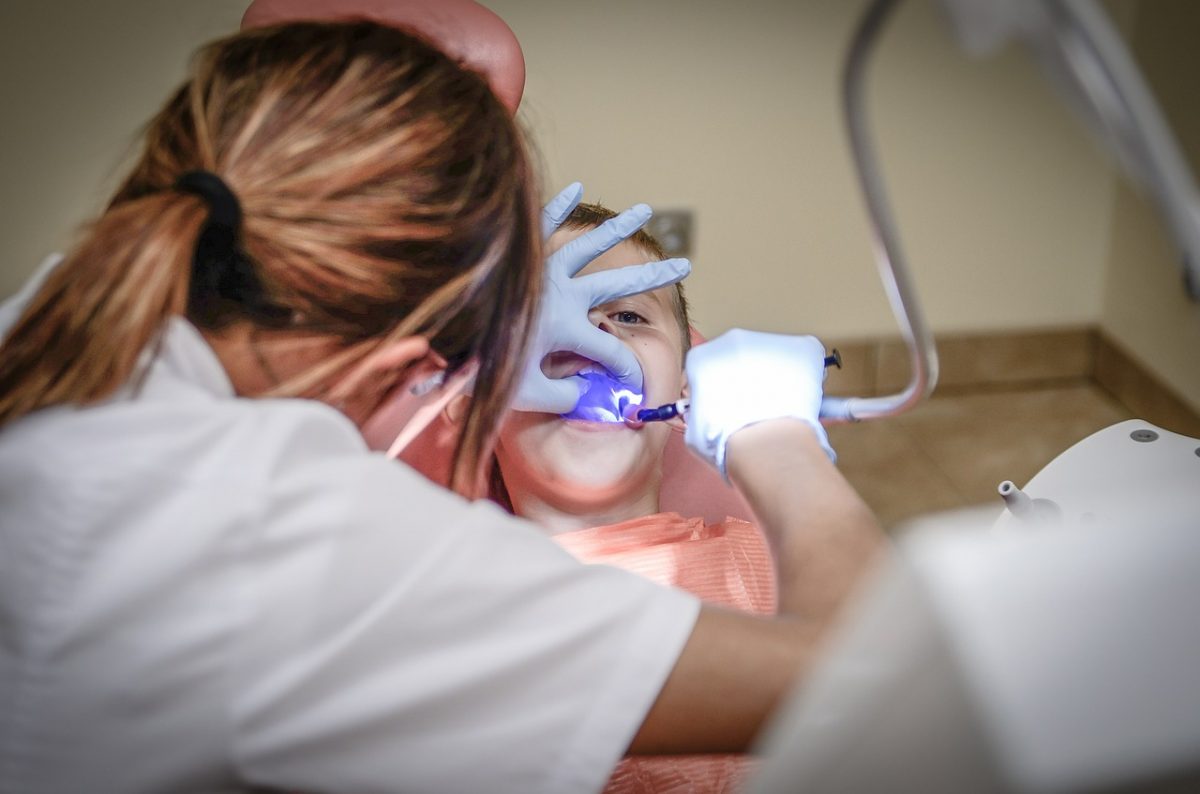Aging is an inevitable process that brings about various changes in the body, including the oral cavity. As we age, our teeth and gums undergo transformations that can affect our overall dental health. These changes can lead to increased susceptibility to dental problems such as tooth decay, gum disease, and tooth loss. Understanding these changes and knowing how to manage them is crucial for maintaining a healthy smile throughout life. By taking proactive steps and seeking appropriate dental care, it is possible to mitigate the effects of aging on dental health and preserve the functionality and aesthetics of our teeth and gums. In this article, we will explore the effects of aging on dental health and provide practical tips on how to deal with these changes effectively.
Changes in Tooth Structure
As we age, the structure of our teeth can change significantly. The enamel, which is the outer protective layer, tends to wear down over time, making teeth more susceptible to decay and sensitivity. This wearing down of enamel can be attributed to years of chewing, grinding, and exposure to acidic foods and beverages. Additionally, the dentin, the layer beneath the enamel, can become more brittle, increasing the risk of fractures. These changes can lead to discomfort and make the teeth more vulnerable to damage. Regular dental check-ups and adopting good oral hygiene practices are essential to mitigate these issues.
Gum Health and Aging
Gum health is another area that can be impacted by aging. Gum recession, where the gums pull away from the teeth, is a common issue among older adults. This can expose the roots of the teeth, leading to increased sensitivity and a higher risk of decay. Gum recession can result from a variety of factors, including periodontal disease, aggressive brushing, and genetic predisposition. Maintaining healthy gums through proper brushing, flossing, and using an antimicrobial mouthwash can help prevent gum disease and recession.
Importance of Regular Dental Care
Consistent dental care becomes even more crucial as we age. Regular visits to the dentist allow for the early detection and treatment of dental issues, preventing them from becoming severe. Professional cleanings and a professional occlusal splint will help you remove plaque and tartar buildup that regular brushing cannot. Dentists can also provide personalized advice on maintaining oral health based on individual needs and conditions. Establishing a strong partnership with a dental care provider ensures that aging individuals receive tailored advice and treatment plans. Regular dental check-ups enable timely intervention and preventive measures, reducing the risk of complications.
The Role of Nutrition
Nutrition plays a vital role in maintaining dental health, especially as we age. A balanced diet rich in vitamins and minerals supports strong teeth and gums. Calcium and vitamin D are particularly important for bone health, including the jawbone that supports the teeth. Inadequate intake of these nutrients can lead to weakened teeth and an increased risk of fractures and tooth loss. Incorporating dairy products, leafy greens, and fortified foods into the diet can promote better oral health.
Impact of Medications
Many older adults take medications that can have side effects impacting dental health. Common medications can cause dry mouth, gum inflammation, or altered taste. For example, antihistamines, blood pressure medications, and antidepressants can reduce saliva production and increase the risk of dry mouth. It is important to discuss these side effects with a healthcare provider and seek advice on managing them. In some cases, alternative medications or dosage adjustments may be recommended. Regular dental visits can help monitor any changes and address issues promptly. Dentists can provide specific recommendations for managing medication-related side effects, such as using saliva substitutes, staying hydrated, and maintaining good oral hygiene.
Oral Cancer Risks
The risk of oral cancer increases with age, making regular screenings essential. Oral cancer can develop in the lips, tongue, cheeks, floor of the mouth, and throat. Early detection significantly improves the chances of successful treatment and recovery. Signs to watch for include persistent sores, lumps, or red or white patches in the mouth, difficulty swallowing, and unexplained weight loss. Routine dental exams often include oral cancer screenings, ensuring any abnormalities are caught early. Avoiding tobacco and excessive alcohol consumption can significantly reduce the risk of oral cancer. Additionally, maintaining a healthy diet, practicing good oral hygiene, and protecting the lips from excessive sun exposure can contribute to oral cancer prevention. Awareness of the risk factors and regular screenings are key to early detection and effective management of oral cancer.
Prioritizing dental health as we age not only enhances our quality of life but also contributes to our overall well-being. It is never too late to take control of our dental health and make positive changes. With proper care and attention, we can continue to enjoy the benefits of a healthy smile, confident in the knowledge that we are doing our best to preserve our dental health as we age.




